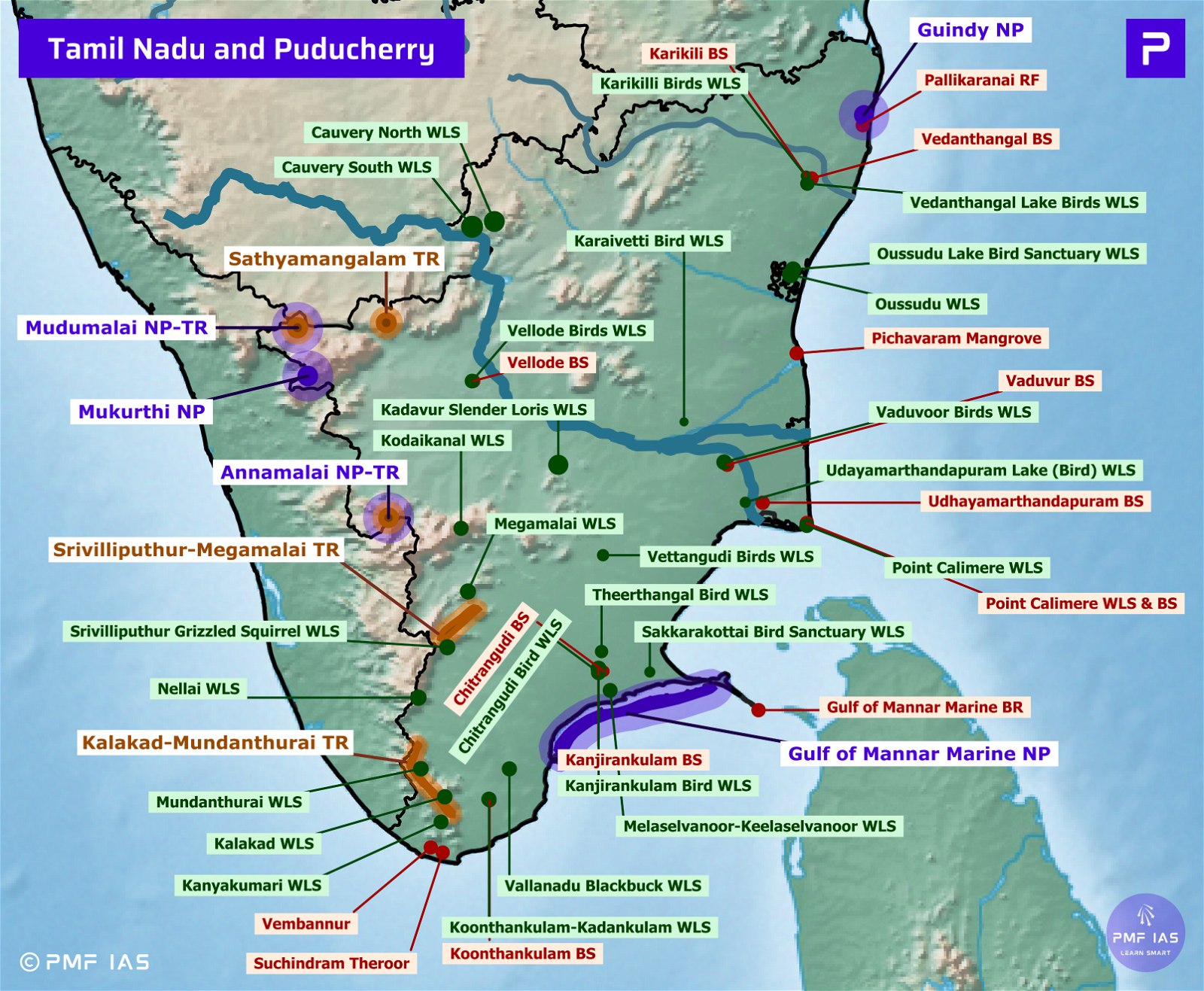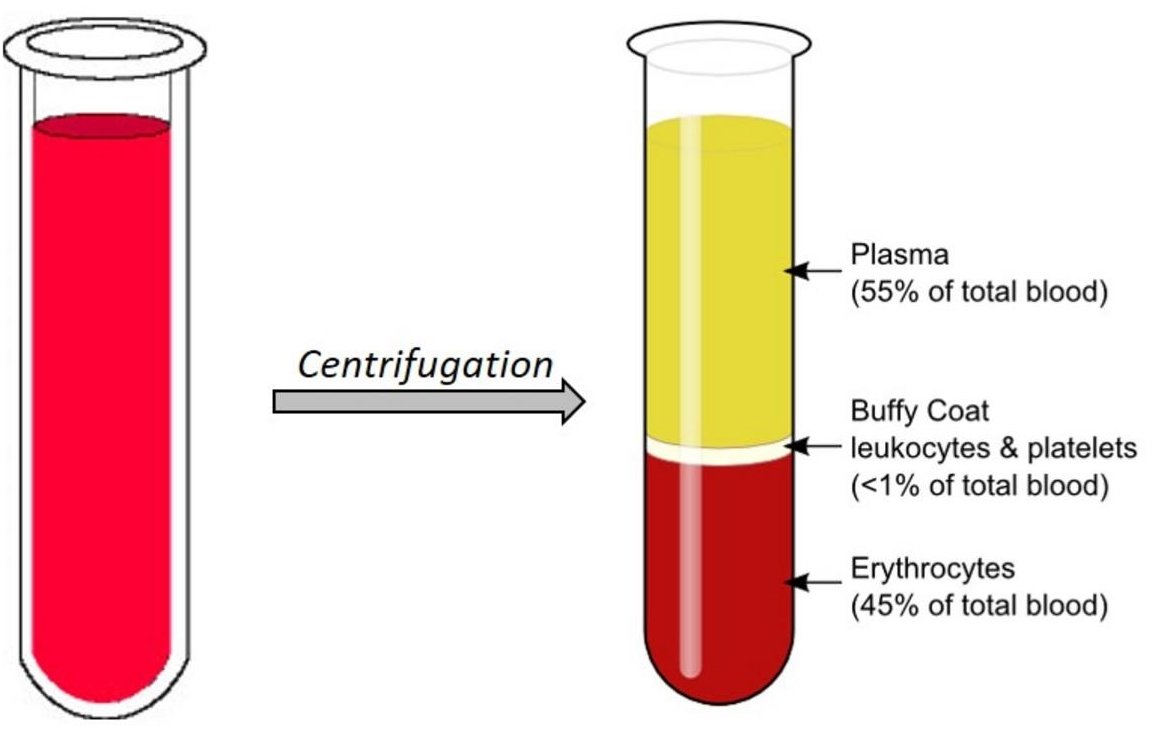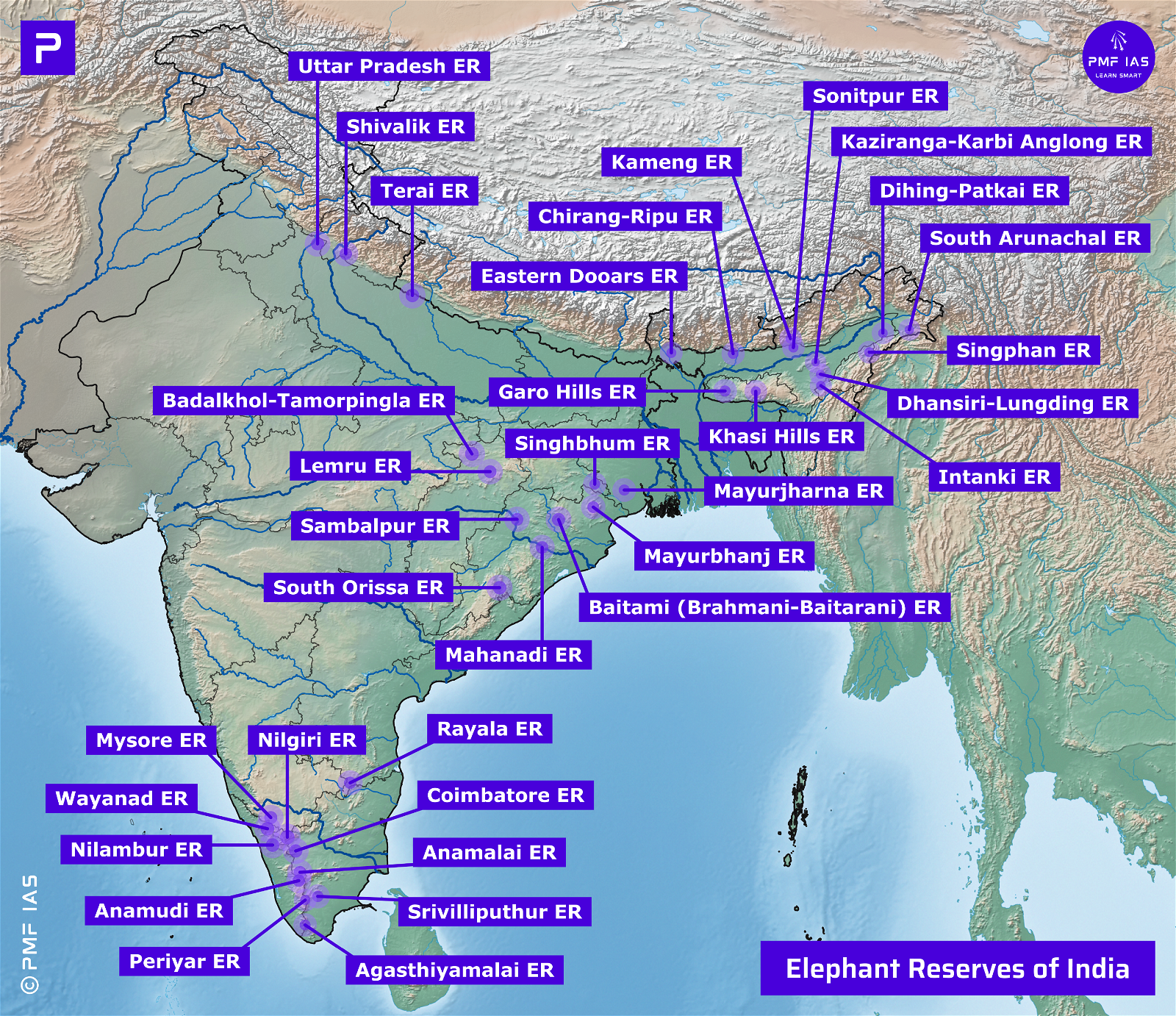
Exoplanet GJ9827d
Subscribe to Never Miss an Important Update! Assured Discounts on New Products!
Must Join PMF IAS Telegram Channel & PMF IAS History Telegram Channel
- Context (HT): NASA’s Hubble Space Telescope detects smallest exoplanet with water.
- GJ9827d, which is approximately twice Earth’s diameter, has the potential of being a planet with water-rich atmospheres.
- It is located 97 light years away from Earth.
- The exoplanet belongs to the category of super-Earths in the category of exo-planets.
- Every 6.2 days, the exoplanet completes one orbit around a red dwarf star, GJ 9827, located in the constellation Pisces.
|
Red Dwarf Star
|
Exoplanet
- Exoplanets are planets that orbit other stars and are beyond our solar system.
- The word “exoplanet” comes from the term “extrasolar planet”, which means a planet beyond the influence of our star.
- Exoplanets come in a host of different sizes. They can be gas giants bigger than Jupiter or as small and rocky as Earth.
- They are also known to have different kinds of temperatures — boiling hot to freezing cold.
- Discovering exoplanets is tough as they are small and hard to spot around their bright host stars. Scientists rely on indirect methods, such as the transit method, which is “measuring the dimming of a star that happens to have a planet pass in front of it”.
- The first possible evidence of an exoplanet was noted in 1917, but it wasn’t recognized as such. The first confirmed detection of an exoplanet occurred in 1992.
- According to NASA, to date, more than 5,000 exoplanets have been discovered.
Types of Exoplanets







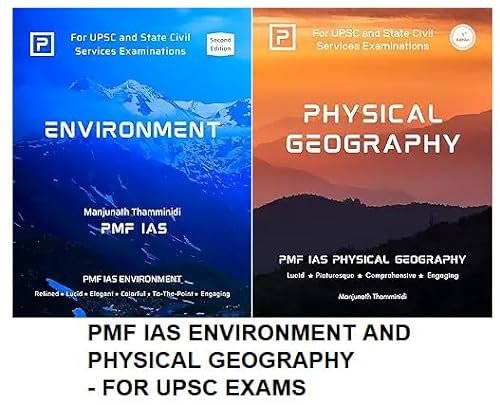
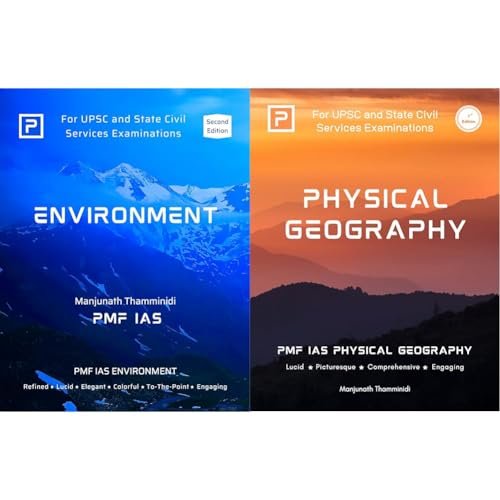
![PMF IAS Environment for UPSC 2022-23 [paperback] PMF IAS [Nov 30, 2021]…](https://pmfias.b-cdn.net/wp-content/uploads/2024/04/pmfiasenvironmentforupsc2022-23paperbackpmfiasnov302021.jpg)



